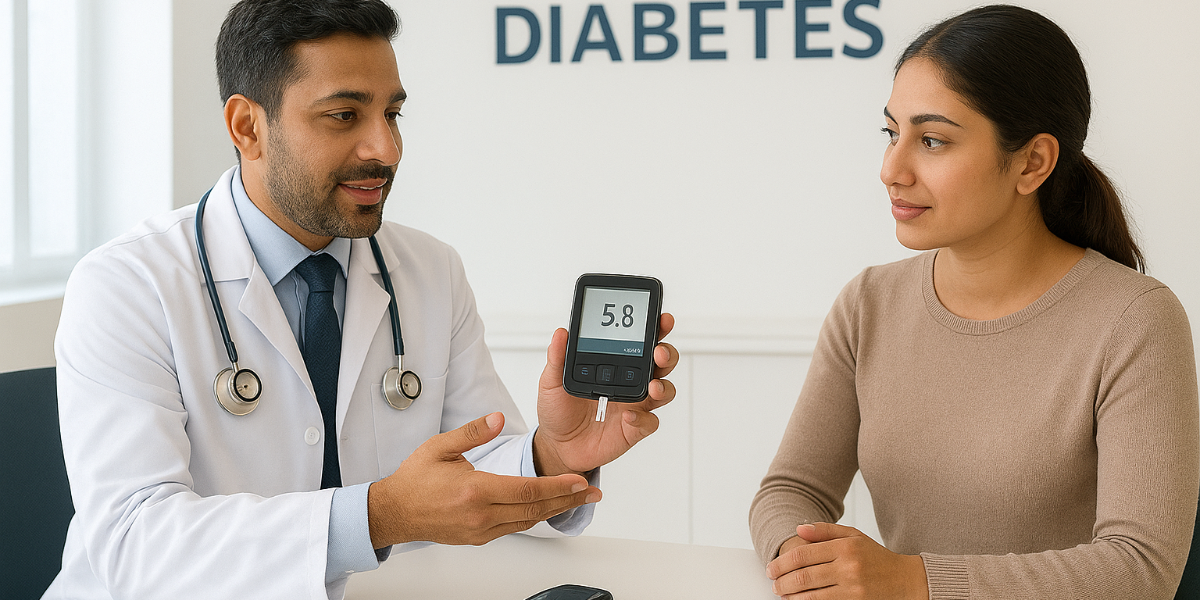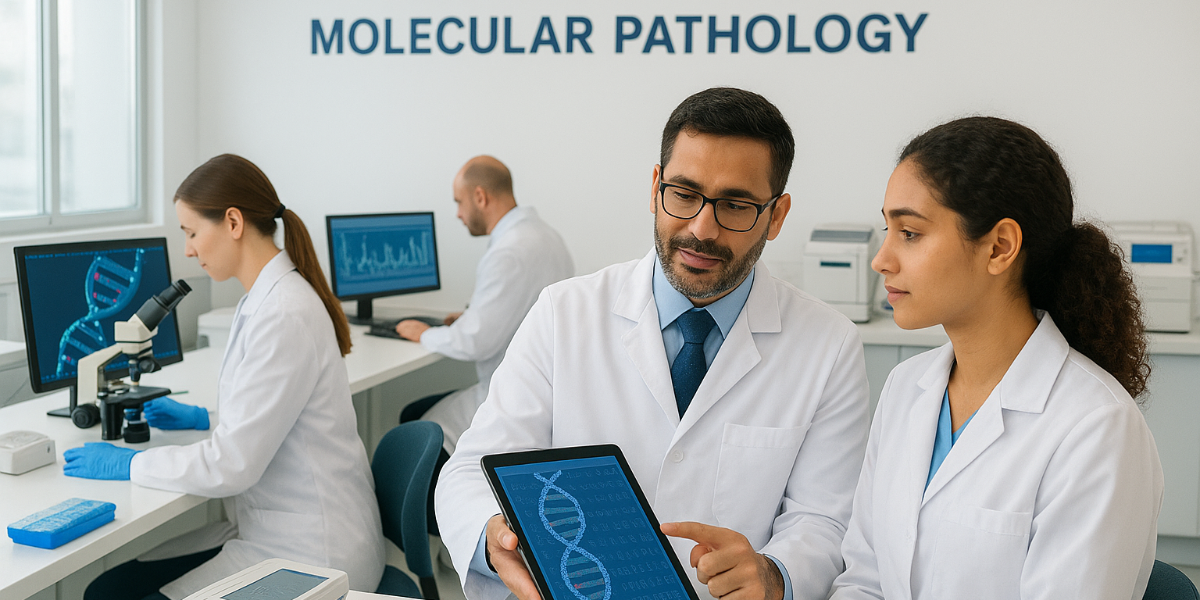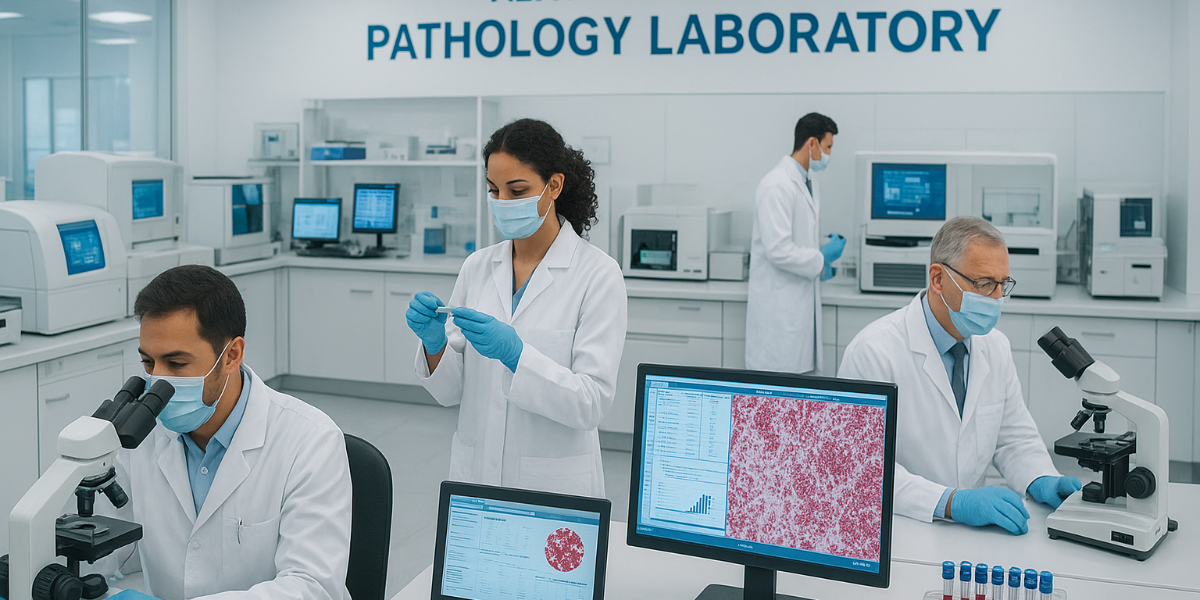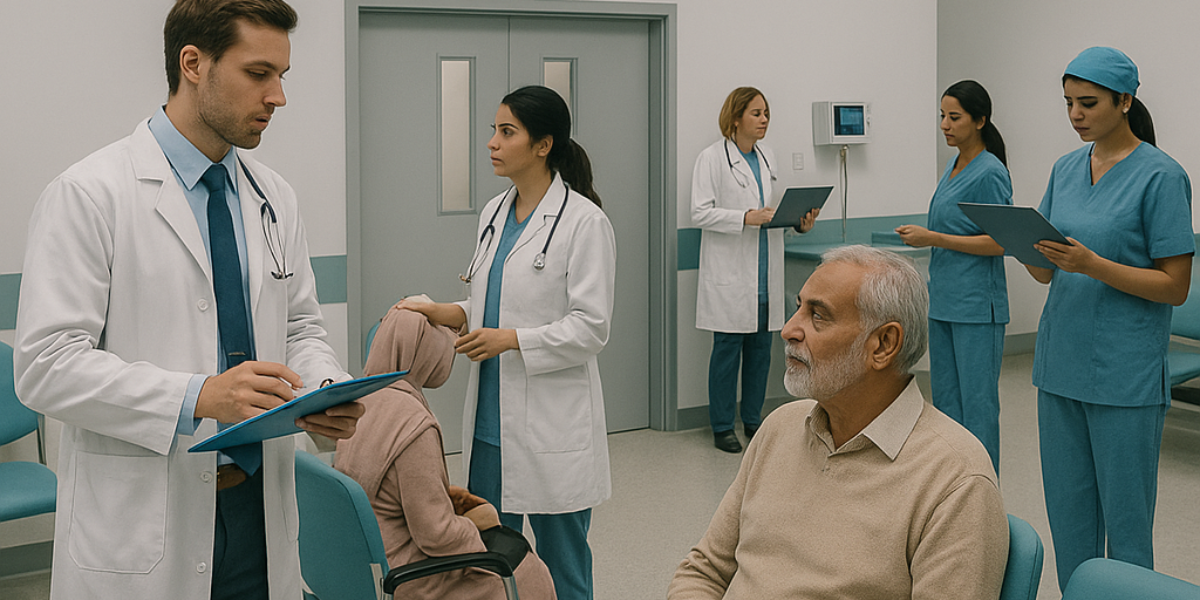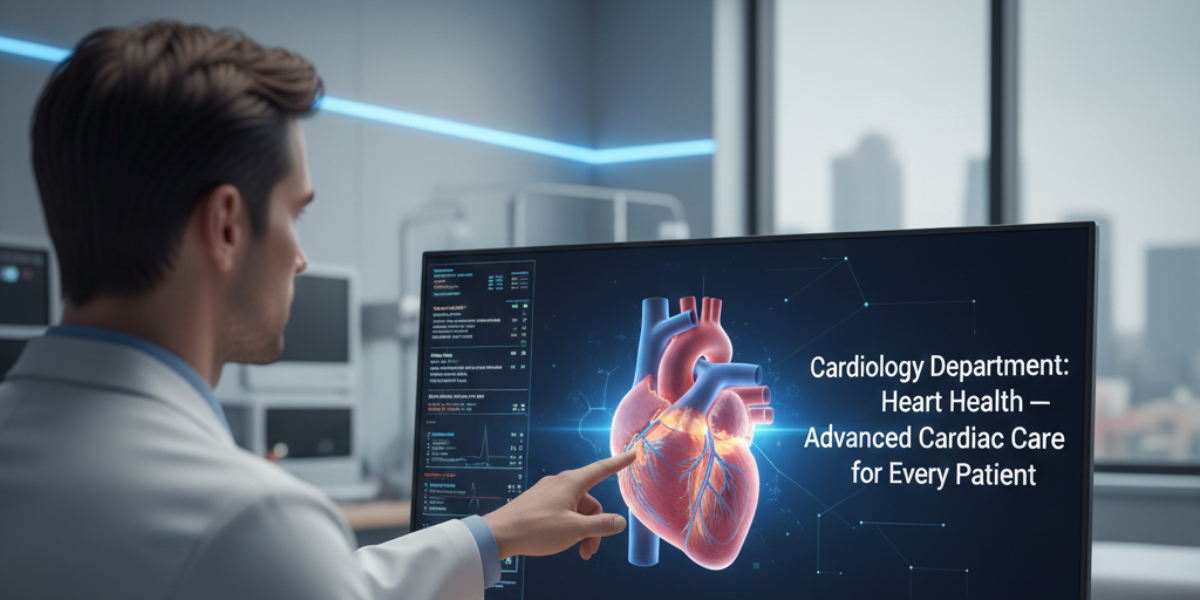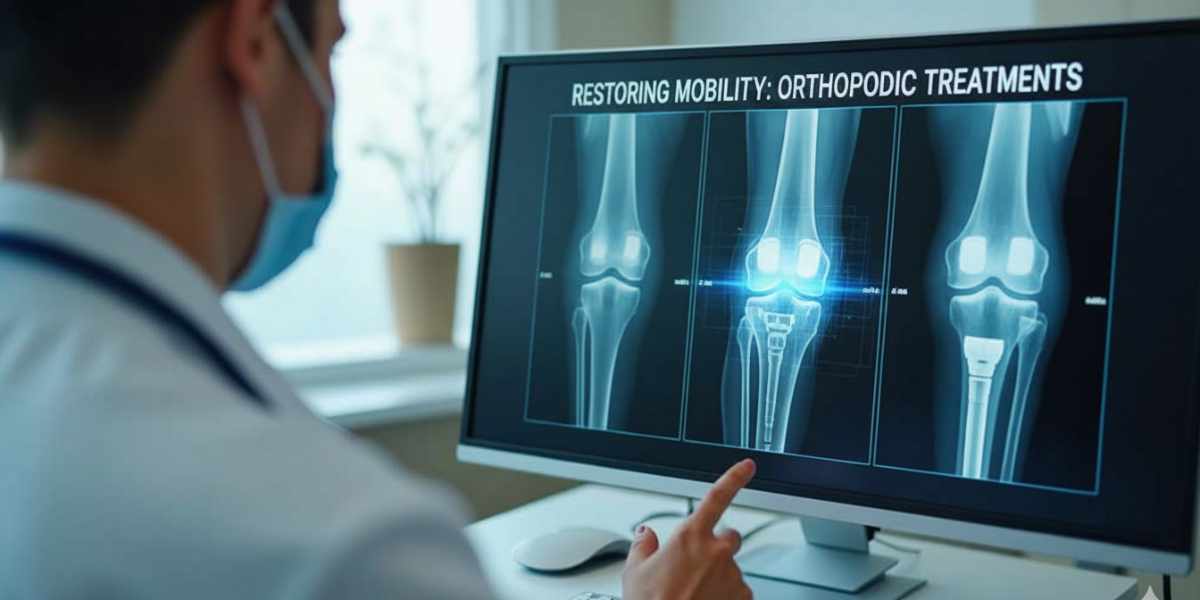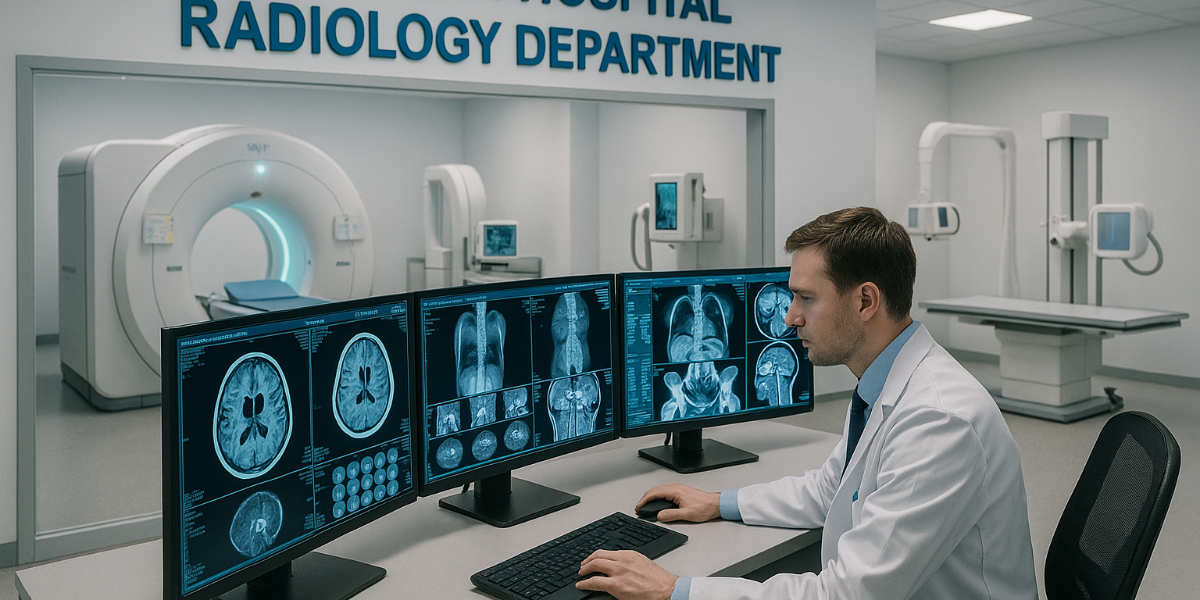
How Advanced Imaging at AFH Supports Accurate Diagnosis
In modern healthcare, accurate diagnosis is the cornerstone of effective treatment. The ability to visualize internal organs, bones, and tissues allows doctors to detect diseases early and plan precise interventions. At Ali Fatima Hospital (AFH), the Radiology Department plays a pivotal role in this process by providing cutting-edge imaging services that support clinical decision-making across all specialties. With state-of-the-art technology and a team of skilled radiologists, AFH ensures that every patient benefits from reliable, safe, and timely diagnostic imaging.
The Role of Radiology in Modern Medicine
Radiology has revolutionized the way healthcare professionals diagnose and treat illnesses. It allows for non-invasive visualization of the body’s internal structures, making it possible to identify abnormalities without surgery. Whether it’s detecting fractures, evaluating organ function, diagnosing infections, or guiding surgical procedures, radiology provides crucial insights that shape patient management.
At Ali Fatima Hospital, radiology is not just about taking pictures—it’s about interpreting images with clinical precision. The department’s radiologists work closely with physicians from all departments to ensure that imaging results contribute meaningfully to each patient’s treatment plan. This collaboration improves accuracy, reduces diagnostic errors, and enhances patient outcomes.
Advanced Imaging Technology at AFH
Ali Fatima Hospital’s Radiology Department is equipped with modern diagnostic tools that meet international standards of accuracy and safety. The hospital continuously invests in upgrading its technology to provide patients with the best possible diagnostic experience. Some of the major imaging modalities available at AFH include:
Digital X-Ray Imaging
Digital X-rays are one of the most frequently used imaging tools in medical diagnosis. They provide clear, high-resolution images of bones and soft tissues within seconds. Unlike traditional X-rays, digital radiography reduces radiation exposure and allows instant image sharing with doctors. At AFH, digital X-rays are used for diagnosing fractures, chest infections, joint problems, and other common conditions.
Computed Tomography (CT) Scans
CT scanning is a highly advanced imaging technique that combines multiple X-ray images to produce detailed cross-sectional views of the body. It is especially useful for diagnosing complex conditions such as tumors, internal bleeding, strokes, and organ injuries. AFH’s CT scanners are designed to deliver rapid, accurate results while minimizing patient discomfort and radiation exposure.
Magnetic Resonance Imaging (MRI)
MRI is a powerful imaging method that uses magnetic fields and radio waves instead of radiation to produce detailed images of soft tissues. It is ideal for examining the brain, spine, joints, and internal organs. At AFH, MRI technology helps doctors identify neurological disorders, musculoskeletal injuries, and other soft tissue abnormalities with exceptional clarity.
Ultrasound and Doppler Imaging
Ultrasound imaging is widely used for real-time visualization of internal organs, pregnancies, and blood flow. AFH’s ultrasound services include 2D, 3D, and Doppler studies, providing accurate assessment of heart, liver, kidney, and vascular conditions. The non-invasive and radiation-free nature of ultrasound makes it one of the safest imaging methods for patients of all ages.
Mammography and Women’s Imaging
Early detection of breast cancer can save lives, and AFH’s mammography unit is dedicated to women’s health and wellness. The advanced digital mammography systems produce high-resolution images for early identification of breast abnormalities. The department also offers ultrasound and MRI-based breast imaging for comprehensive evaluation.
Precision Through Expertise
While technology forms the backbone of radiology, accurate diagnosis ultimately depends on human expertise. At Ali Fatima Hospital, the Radiology Department is led by highly qualified radiologists who specialize in various imaging disciplines. These experts interpret complex scans, identify subtle abnormalities, and collaborate with clinicians to ensure a complete understanding of each patient’s condition.
The team’s skill and experience are crucial in avoiding misinterpretations that could lead to incorrect treatment. Radiologists at AFH also participate in multidisciplinary case discussions, helping surgeons, physicians, and oncologists plan appropriate treatment strategies based on imaging findings.
Integrating Technology with Patient Care
What distinguishes the Radiology Department at AFH is its integration of technology with compassionate care. Every imaging procedure is conducted with patient safety, comfort, and privacy in mind. The hospital follows strict protocols for radiation safety, ensuring minimal exposure while maintaining diagnostic accuracy.
AFH’s imaging systems are fully digital, allowing seamless sharing of images across departments. This reduces waiting times and enhances coordination between radiologists and treating physicians. The digital archive also enables easy retrieval of patient records for follow-up or comparison during future visits.
Supporting Every Specialty with Accurate Imaging
The Radiology Department serves as a diagnostic foundation for nearly every specialty at Ali Fatima Hospital. From emergency care to surgery, cardiology, orthopedics, gynecology, and oncology, imaging plays a crucial role in each discipline.
- In emergency medicine, radiology assists in identifying internal bleeding, fractures, and head injuries within minutes.
- In cardiology, CT angiography and Doppler imaging provide detailed visualization of blood vessels and heart function.
- For orthopedic cases, MRI and X-rays help detect ligament injuries, fractures, and joint disorders.
- In gynecology and obstetrics, ultrasound and mammography aid in pregnancy monitoring and breast cancer screening.
- For oncology, advanced imaging techniques like MRI and CT scans help detect tumors early and guide treatment planning.
This comprehensive support system enables every department at AFH to make informed clinical decisions backed by clear, precise images.
Continuous Innovation and Development
Ali Fatima Hospital’s commitment to excellence drives ongoing investment in radiological innovation. The hospital regularly upgrades its imaging software, adopts AI-assisted interpretation tools, and integrates digital reporting systems that improve diagnostic speed and reliability.
The department also emphasizes education and training for its staff. Radiographers and technicians receive continuous professional development to stay updated with the latest imaging protocols and technologies. This focus on innovation and skill ensures that patients always receive care that meets international healthcare standards.
Patient Comfort and Safety First
Undergoing imaging procedures can be intimidating for some patients, especially those who are claustrophobic or anxious about results. AFH’s Radiology Department prioritizes patient comfort at every step. Friendly staff explain each procedure clearly, helping patients feel relaxed and informed.
Safety remains a top priority. The hospital adheres to the ALARA principle (“As Low As Reasonably Achievable”) to minimize radiation exposure. Equipment calibration, quality checks, and radiation monitoring are conducted regularly to ensure safe imaging practices for patients and healthcare providers alike.
How Radiology Enhances Early Detection
Early diagnosis is vital for successful treatment, and radiology plays an indispensable role in this process. Imaging helps detect diseases like cancer, heart conditions, and neurological disorders before symptoms become severe. Early intervention not only improves recovery rates but also reduces treatment costs and hospital stays.
For example, mammography can identify breast cancer in its earliest stages, while CT and MRI scans can detect tumors or internal injuries that are invisible during physical examinations. At AFH, radiologists work diligently to deliver fast and accurate reports, empowering physicians to take prompt action.
The Future of Imaging at AFH
As medical technology evolves, Ali Fatima Hospital continues to expand its radiological capabilities. The future of imaging at AFH includes integrating artificial intelligence (AI) for faster image interpretation, 3D imaging and reconstruction for surgical planning, and teleradiology to provide expert consultations beyond the hospital premises.
These advancements will further enhance diagnostic precision and accessibility, reaffirming AFH’s position as a leader in modern healthcare diagnostics.
Conclusion
The Radiology Department at Ali Fatima Hospital represents the perfect fusion of advanced technology, professional expertise, and patient-centered care. From X-rays to MRI and CT scans, every imaging service is designed to support accurate diagnosis, timely treatment, and better health outcomes.
By continuously adopting modern innovations and maintaining a highly skilled team, AFH ensures that its radiology services remain at the forefront of diagnostic excellence. Through dedication and precision, the department truly embodies its mission—to provide clarity that leads to healing.
For more information about diagnostic imaging or to explore other healthcare services, visit the official website of Ali Fatima Hospital.
Relevant Blogs
Get in touch with us today to get medical services
Copyright 2026. All Rights Reserved By AFH

